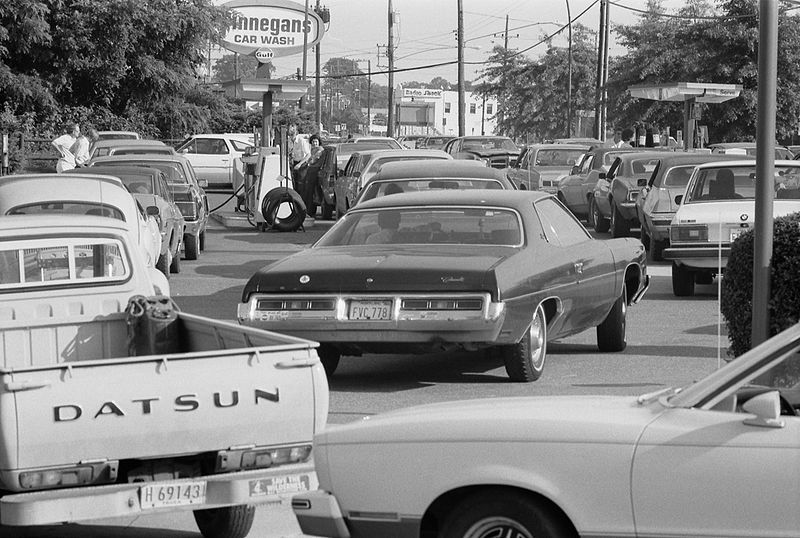Higher Gas Prices
by CalWatchdog Staff | January 13, 2011 8:17 am
 [1]John Seiler:
[1]John Seiler:
Ex-Gov. Arnold Schwarzenegger’s budget proposals bore as much relation to reality as one of the scripts for his science-fiction movies. Even as the economy was tanking, his budget proposals, like his muscles, were pumped up with steroids. The result was the $28 billion deficit he left behind.
Gov. Jerry Brown is doing better with his first budget. He wrote in his introduction[2]:
Short‑term measures and gimmicks adopted in recent years did not solve our problem and in factmade it worse. This Budget closes our short‑term budget gap and also eliminates projected future deficits….
This is a tough budget for tough times. I look forward to working with you and taking decisive action without delay.
Fair enough.
But he also wrote:
As California’s economy begins to recover — and recover it will — our restructuring plan will make California government more transparent, efficient and responsive to the people.
But what if it doesn’t recover. What if inflation chews up any “recovery”? Because that’s what’s happening.
Gas prices already are rising fast, as you have noticed at the pump. That’s because the U.S. Federal Reserve Board keeps debasing the dollar. Which means everything else costs more.
Who knows. We might end up with 1970s-era gas lines again, as shown in the above picture from June 15, 1979.
In Brown’s budget[3], the main mention of gas is this:
Gasoline consumption was flat in 2009‑10 when compared to the prior fiscal year. Gasoline consumption is expected to decrease 0.2 percent in 2010‑11 and then increase 1.4 percent in 2011‑12.
Because most diesel fuel is consumed by the commercial trucking industry, consumption is affected most significantly by general economic conditions. Diesel fuel consumption fell 4.2 percent in 2009‑10. However, a recovering economy is expected to contribute to growth of 3 percent in diesel consumption in 2010‑11 followed by 4.4‑percent growth in 2011‑12.
However, if gas prices are significantly higher, two things change. First, revenues from gas taxes would rise, so the state would get more money. Second, the costs of gas to consumers and businesses would be higher, meaning they would have less money to spend on consumer goods, or to invest in business and jobs creation. That means they would pay less in income and business taxes. So, it’s a net negative for the state.
This also will affect voters’ decisions on Brown’s proposed tax-increase initiative. The initiative would include extending Gov. Schwarzenegger’s increase of the car tax. But if people already are paying more to drive their cars, they’re not going to want to impose a new tax on driving.
Once again, Californians seem to be ignoring national economic trends that directly affect them.
Jan. 13, 2011
- [Image]: http://www.calwatchdog.com/wp-content/uploads/2011/01/Gas-lines-June_15_19792.jpg
- He wrote in his introduction: http://www.ebudget.ca.gov/pdf/BudgetSummary/GovernorsMessage.pdf
- Brown’s budget: http://www.ebudget.ca.gov/pdf/BudgetSummary/FullBudgetSummary.pdf
Source URL: https://calwatchdog.com/2011/01/13/higher-gas-prices/